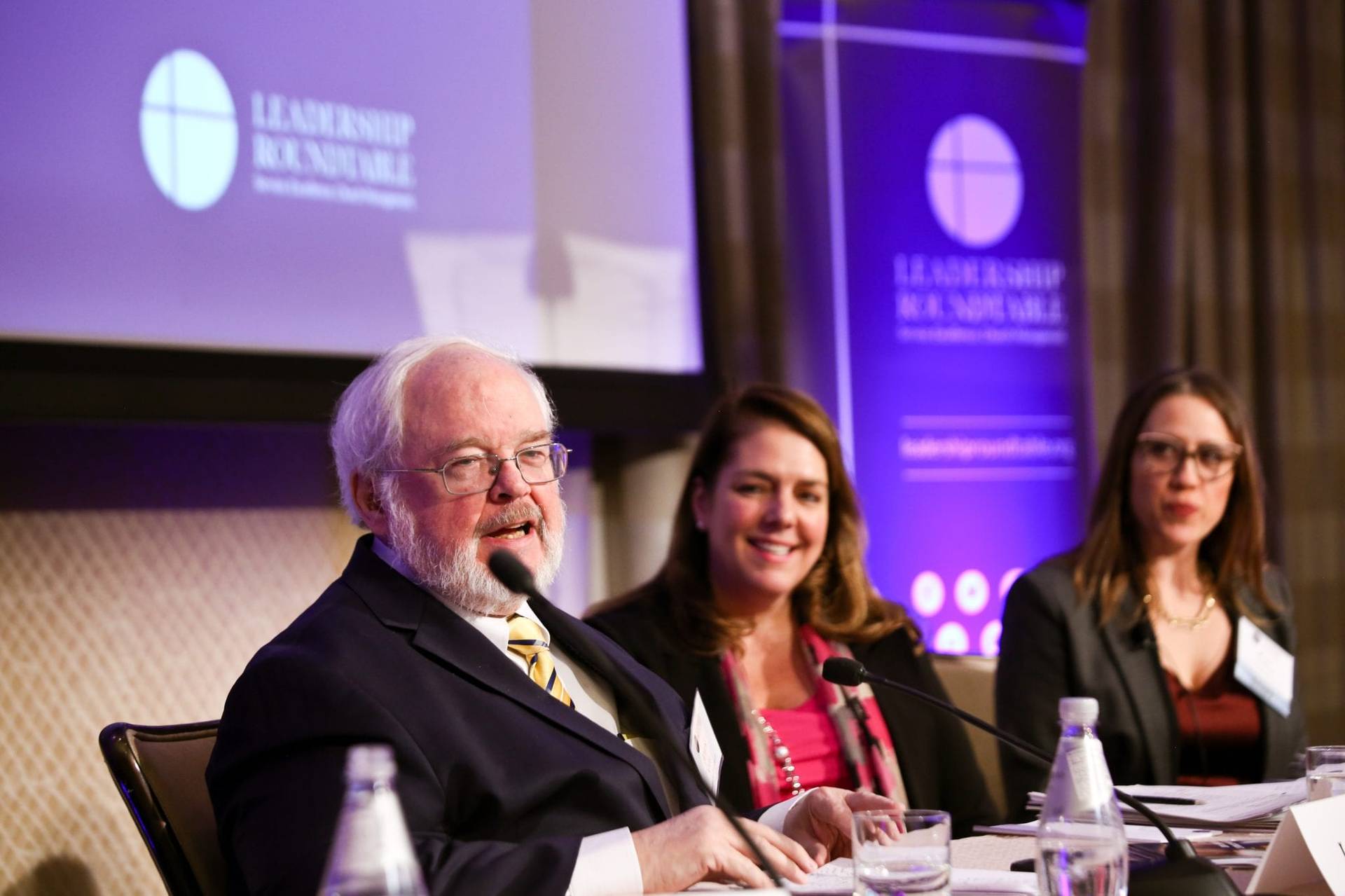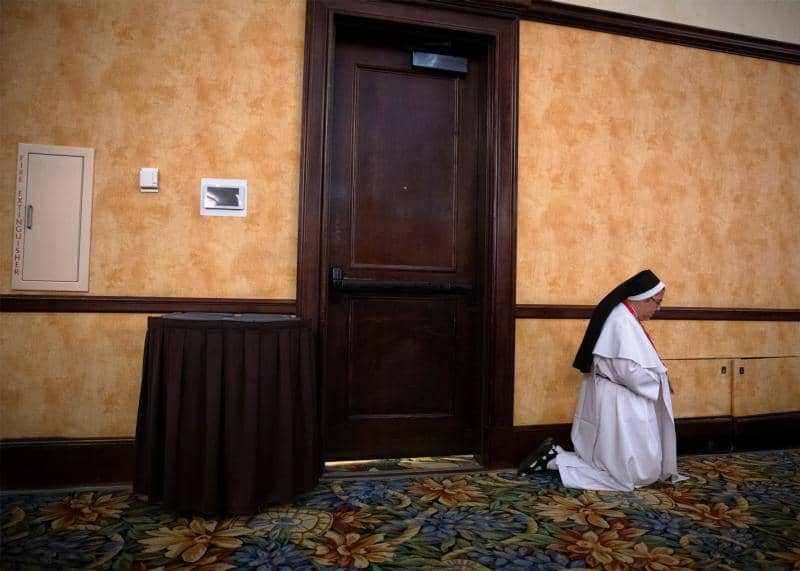ROME – Pope Francis has asked the presidents of bishops’ conferences from around the world to consider not publishing the names of priests accused of sexual abuse “before a preliminary investigation and final sentence.”
The pontiff included the item on a list of 21 “points of reflection” he wanted participants to consider during the Feb. 21-24 Vatican summit on clerical abuse taking place in Rome.
Francis said these “guidelines” had been formulated by the episcopal conferences themselves ahead of the event and called them a “simple starting point” that should not “detract from the creativity of the meeting.”
Since a Pennsylvania Grand Jury report said 300 clerics in six dioceses had been credibly accused of sexual abuse, over 50 dioceses across the United States have voluntarily released lists of priests, deacons, and religious credibly accused of sexual abuse. About the same number have pledged to do so in the future.
Many of these lists stretch back for decades, some for even more than a century, and include the names of people long deceased, or crimes for which the statute of limitations prevents prosecution.
“The principle of the presumption of innocence in natural and canon law must also be safeguarded until there is proof of the guilt of the accused,” the document said.
It said it was “necessary to prevent” the publication of such lists, “even by dioceses.”
The points of reflection also called on Church leaders to work with people in the media in order to “recognize and discern real cases from false stories, accusations from slander, to avoid rancor and insinuations, rumors and defamation.”
Asked about the point by journalists, Maltese Archbishop Charles Scicluna said it was still legitimate to publish the names of priests who have had a “credible allegation” against them.
Scicluna is the Vatican’s longtime chief prosecutor of abuse cases and is part of the summit’s organizing committee.
“You need a credible allegation,” he said, “because there is also need for privacy” and the right of the accused to “a good name” until found guilty.
When a priest is found guilty, Scicluna said, “the public should know, because it is helpful for prevention.”
The archbishop noted that in the U.S. there are three levels to an allegation: one which is credible, meaning a review board that has looked into it; “a substantiated allegation,” where additional evidence demonstrating guilt has been discovered; and those that have not been found credible, or which have not yet been fully investigated.
However, he said to publish a name “for any allegation is premature.”
Another “point of reflection” on the list said priests and bishops guilty of the sexual abuse of minors should “leave public ministry,” although it didn’t specify if this meant being dismissed from the clerical state, commonly called defrocking.
The document also said “specific protocols” should be established to handle accusations against bishops.
The list did not mention punishment for those who cover up abuse, although Francis has said in the past that such actions should be punished.
Other points on the list included specific recommendations about setting up the framework for dealing with accusations of the sexual abuse of minors, including creating written guidelines, establishing procedures for receiving complaints, and to “facilitate and regulate” the participation of lay experts.
Another “point of reflection” was to raise the age of marriage in the Church to 16, from the current 14 for females (it is already 16 for males.)














